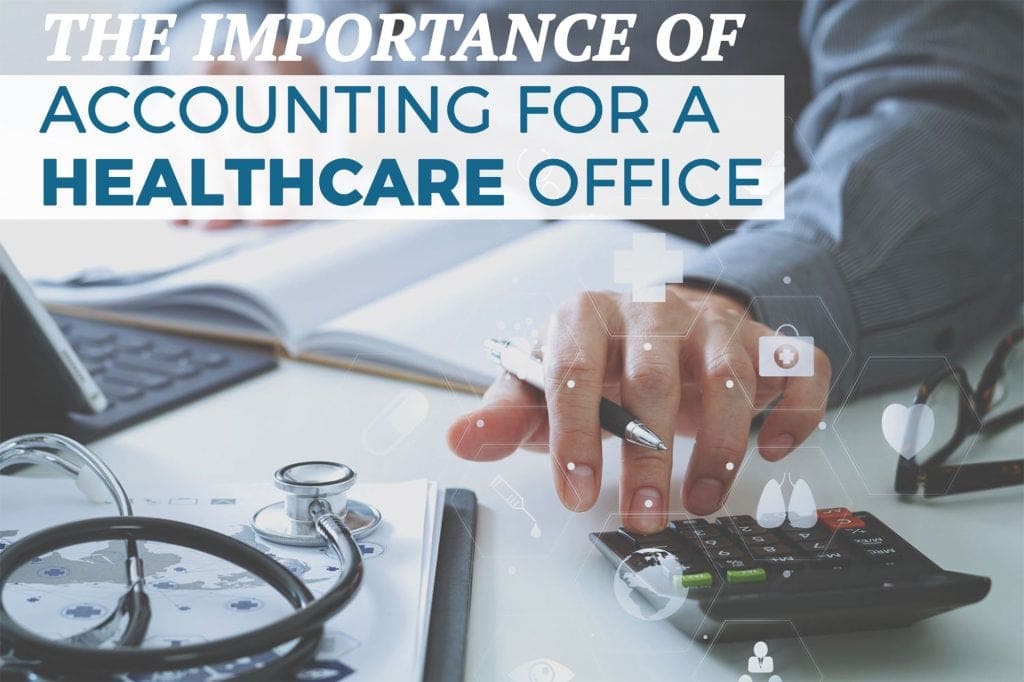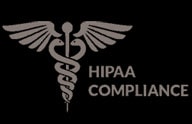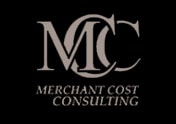One of the best ways to explain the importance of accounting in healthcare settings is by using Revenue Cycle Management (RCM) as an illustration. RCM, simply put, focuses on the main reasons for having such a thing as “accounting” to begin with.
Accounting, after all, deals with the management of income and expenses. There is no question, however, that income or “revenue” takes precedence since, without adequate revenue, there is no viable “business.”
WHAT’S RCM & WHAT MAKES IT SO IMPORTANT?
Revenue Cycle Management in healthcare settings is the function of managing a medical office’s payments received, claims processing and revenue generating in general. Effectively managing the patient revenue cycle for a medical facility often requires the use of special medical billing software; in other words, computer technology/software is necessary to accurately keep tabs on the rather-complicated claims processing routine.
In fact, the entire revenue cycle process in healthcare includes some basic accounting procedures: collecting patient co-pay, determining patient eligibility, making sure coding is conducted accurately, claims tracking, collecting all payments and following through on denied claims.
PROBLEMS ACCOUNTING IS THERE TO PREVENT
Simply put, if your office’s accounting personnel fail to make sure that patients pay their bills—or, to put it more accurately—that insurance companies pay those bills (since most of the revenue has traditionally come from health insurance plans/services), then you won’t be able to pay your own bills, meet payroll responsibilities and, consequently, be able to keep your doors open so you can keep diagnosing and treating patients.
Beyond patients or insurance companies not paying their bills, your accounting/bookkeeping staff can also get you in trouble if they fail to do their job. This can happen if:
—Your accounting staff hasn’t been properly educated or trained in proper accounting procedures/processes. Revenue cycle optimization can be compared to a supply chain; failure by one administrative staff person to do his/her job ultimately affects the entire “chain.” Not coding correctly, inaccurate data entry or failing to perform certain tasks that may negatively affect the facility’s “bottom line.”
—Poor staff-to-staff communication. Although they may be busy doing multiple tasks, staff members can get into trouble can if they underestimate their role in the accounting process. Physicians and office managers can’t just assume that everyone is doing their job—instead, regular meetings need to take place so that financial reports are reviewed in order to note accuracy (or the lack thereof) in collections, revenue, and accounts receivable.
—Improper workflow. Has your staff, for example, been properly trained in confirming patient eligibility, insurance status, and proper co-pay amounts? Is someone comparing charge slips to missing charges (if any)? Does your staff regularly fall behind on claims follow-up? Unless there is a well-established/running workflow, steps in the process can be missed, tasks may be forgotten, and mistakes may increase in quantity. All these things can result in costly delays in getting the funds you need to pay your facility’s own bills.
WHY ACCOUNTING IS SO DRASTICALLY IMPORTANT AT HEALTHCARE FACILITIES
Other than the mishaps/problems already mentioned, there are the startling statistics that can’t be ignored. For example, roughly 26% of claims promptly and accurately put through are just as promptly rejected.
More importantly, roughly 40% of those rejected claims are, for some strange reasons, never re-submitted. Obviously, this results in substantial losses of revenue for healthcare facilities that allow such inexcusable travesties to go on.
Then again, if the ideal revenue cycle processes and the well-coordinated workflows are in place, then your practice may experience increases in revenue/payments while, at the same time, seeing a decrease in bad debt write-offs—i.e., you are more likely to stay solvent.
Of course, you can stay afloat while at the same time incur some of the problems or deficiencies already mentioned. What it may all boil down to is that you may be experiencing lower revenue than your practice should be showing in the books, if it were better managed, accounting-wise.
Bad accounting practices don’t always lead to insolvency or bankruptcy but, even if all they’re doing is hurting your bottom line slightly, why would you tolerate such an easily fixed fiasco? Unless you already have on board highly-trained accounting/administrative personnel that you trust 100%, then you should have your whole accounting operation reviewed and double-checked for accuracy, timeliness, and efficiency.
At the very least, confirm that every member of your staff is intimately familiar with how important properly managed accounting is for the viability and survivability of your entire operation.
CONCLUSION
Running a medical facility is difficult enough without even considering the financial responsibilities involved.
In fact, the following assumptions can safely be made about the doctors that oversee many medical practices these days:
- they haven’t been formally trained in the financial aspects of running a facility (which is why many doctors hire office managers and accountants);
- they are usually too busy practicing medicine to properly supervise their personnel, including their accounting staff;
- and they often have no reason to suspect that the revenue for the practice can most probably be enhanced simply by reducing or removing the inefficiencies, shortcoming, and waste that can often be found in medical care facilities/offices.
Having said this, it is possible for doctors to have well-run, equipped and staffed facilities that practice good accounting procedures and practices. Achieving this, however, starts by having every staff member (including doctors) understand and fully appreciate how important accounting is for a medical practice. Without good accounting practices, in fact, the prognosis for any healthcare facility is rather poor, at best.










